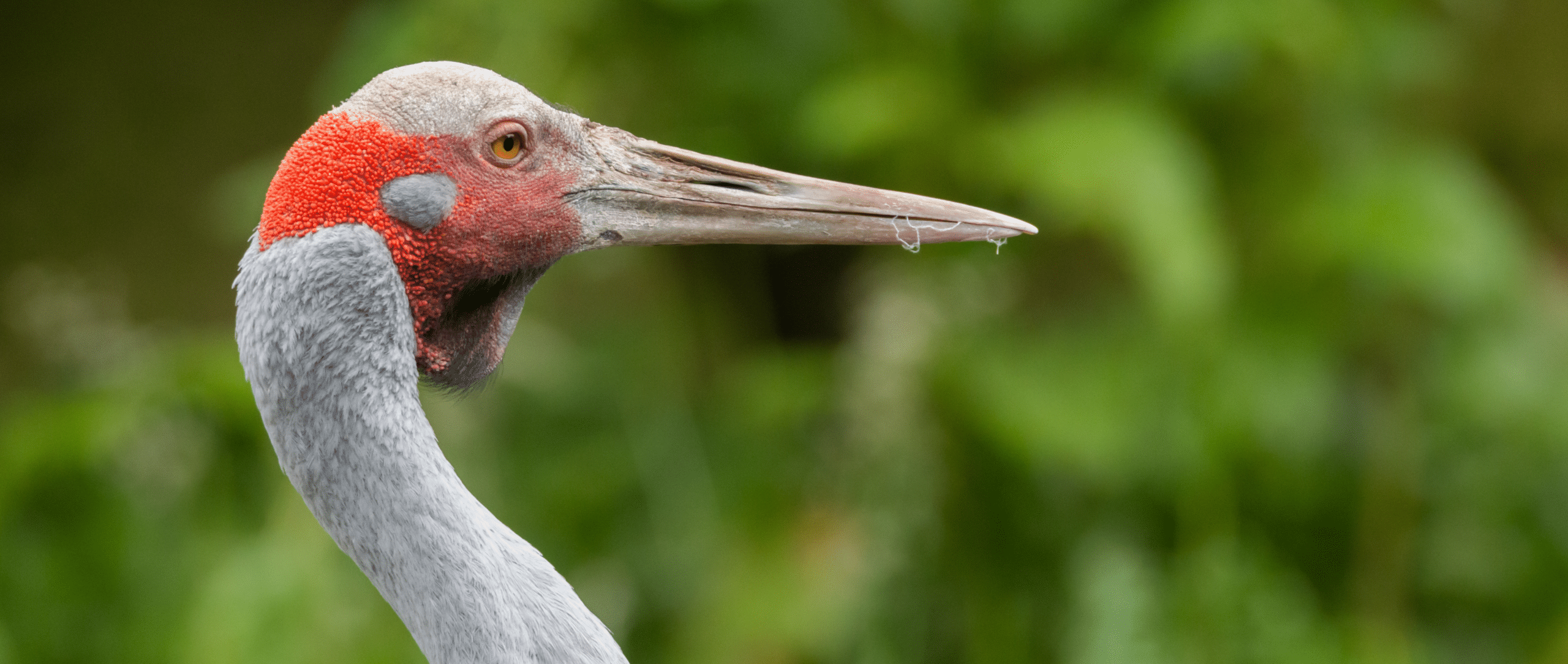SYDNEY (January 14, 2026)— Humane World for Animals Australia (previously known as Humane Society International Australia) is proud to have secured protection for two Murray Darling Basin wetland ecosystems under Australia’s new nature laws announced by Federal Environment Minister Murray Watt today. The Lower Murray, including the Coorong at the river mouth, and the Macquarie Marshes have both been listed as Critically Endangered “Threatened...
Humane Society International dismayed at listing of farmed wildlife as livestock despite COVID-19 risks
Just three weeks ahead of China’s infamous Yulin dog meat festival at which thousands of dogs are killed for consumption, China’s Ministry of Agriculture and Rural Affairs has made official its declaration that dogs are companions and not “livestock” for eating.
The official announcement today came as the Ministry published its final Directory of Genetic Resources of Livestock and Poultry, followed by a lengthy explanation of why dogs are not included in that livestock list.
Dr Peter Li, China policy specialist for animal protection group Humane Society International, which campaigns across Asia for an end to the dog and cat meat trades, welcomed the news, saying: “Now that the Chinese government has officially recognised dogs as companions and not livestock, we are hopeful that China will take stronger steps to hasten the end of the dog and cat meat trade for which millions of animals continue to suffer every year. The announcement presents cities across China with the perfect opportunity to act upon the government’s words by protecting dogs and cats from the meat trade thieves and slaughterhouses.
In just a few weeks’ time, the dog slaughterhouses of Yulin city will fill up with terrified dogs awaiting brutal slaughter for its infamous festival. A great many of those dogs will have been stolen from homes and streets before being transported to Yulin. They will be precisely the much loved companions and helper dogs referred to in the national government’s statement as being not for food. The Yulin festival is a bloody spectacle that does not reflect the mood or eating habits of the majority of the Chinese people, and its continuation flouts the sentiment expressed by the Ministry of Agriculture. As the Ministry observed, attitudes and appetites about dogs have changed and so now it is time for Yulin’s dog slaughterhouses to lay down the butcher’s knife, and consign the festival to the history books.”
The Ministry’s official statement confirmed that the majority of people who participated in the public consultation process opposed including dogs as livestock. It went on to say that dogs have a long history of domestication from traditionally helping guard the family home, helping in hunting, to now being companions and pets, search and rescue police dogs, assisting those with visual impairment, and generally having an intimate relationship with humans. It noted that the United Nations FAO livestock list does not include dogs, and that internationally dogs are not treated as livestock. The statement concluded by reflecting on the fact that times are changing, and that people’s awareness and diets are changing too including changes in some traditions and customs regarding dogs.
The finalized livestock list includes almost all the animal species published in an earlier draft proposal. A number of wild animals are now officially declared “livestock” such as sika deer, red deer, reindeer, alpaca, guinea-fowl, ring-necked pheasant, partridge, mallard, ostrich, and the three most commonly farmed wild species for China’s fur trade – raccoon dog, silver fox and mink. A separate list of aquatic species is expected to follow.
Dr Teresa Telecky, vice president of wildlife at HSI, says: “The inclusion of wild animal species such as foxes, raccoon dogs and mink, on the finalised livestock list is highly regrettable. Intensively farming these animals in commercial captive breeding environments presents insurmountable welfare challenges as well as potential human health risks from zoonotic diseases. It is self-defeating to close wildlife markets on the one hand while on the other sanctioning the rearing of millions of wild animals in overcrowded and stressful conditions. Rebranding them as livestock instead of the wildlife that they truly are, doesn’t remove the risk to humans or the suffering of those animals. We strongly hope that China removes these species when the list is next reviewed.”
Georgie Dolphin, HSI Australia’s Program Manager for Animal Welfare, said: “With this promising news we are hopeful we could be ever closer to an end to the dog and cat meat trade which causes undeniable suffering to millions of animals each year in China. The notorious Yulin festival is set to start in just a few weeks’ time despite the majority of Chinese people being unsupportive of eating cats and dogs. The Ministry’s statement lays the groundwork for change and we hope legislation to ban the trade will eventuate in the very near future.”
Facts about China’s dog meat trade
- Thirty million dogs a year are killed across Asia for meat. There are estimated to be more than 91.49 million dogs and cats kept as pets in China. An estimated 10 million dogs a year are killed for China’s dog meat trade.
- The World Health Organization warns that the dog trade spreads rabies and increases the risk of cholera.
- Most people in China don’t eat dogs, in fact dog meat is only eaten infrequently by less than 20% of the Chinese population. A 2017 survey revealed that even in Yulin, home of the notorious dog meat festival, most people (72%) don’t regularly eat dog meat despite efforts by dog meat traders to promote it. Nationwide across China, a 2016 survey conducted by Chinese polling company Horizon, and commissioned by Chinese group China Animal Welfare Association in collaboration with Humane Society International and Avaaz, found that most Chinese citizens (64%) want to see an end to the Yulin festival, more than half (51.7%) think the dog meat trade should be completely banned, and the majority (69.5%) have never eaten dog meat
Download video and photos of China’s dog meat trade.
Image Credit: HSI


